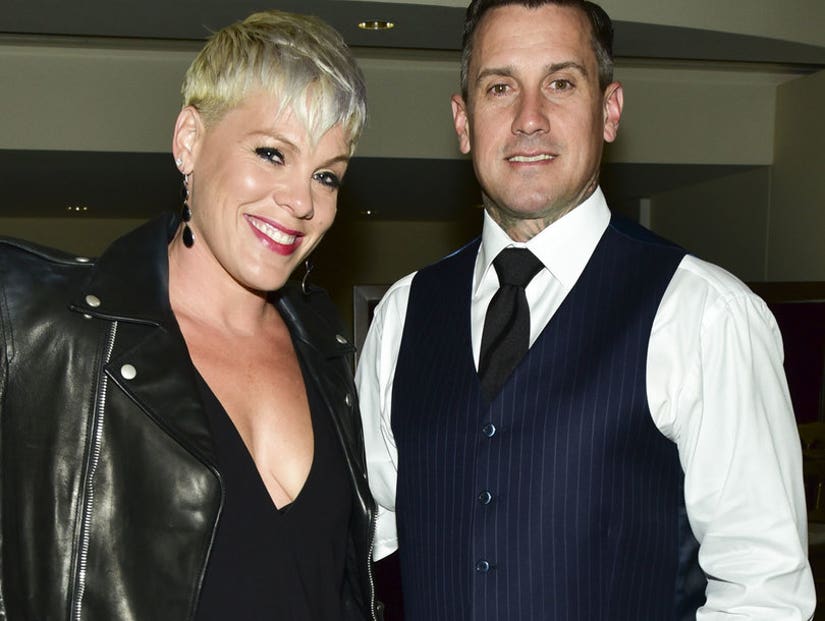"I didn't know what was going on. All people wanted to do was give me more medication," the actress recalls.
Lea Michele Sarfati is opening up about her polycystic ovary syndrome, or PCOS, diagnosis.
Three years ago, the 33-year-old "Glee" actress found herself struggling with skin issues and drastic weight fluctuations, which affected her confidence. She searched for answers but was only prescribed medication to combat the symptoms -- until one doctor took one look at her and said, "Oh, you have PCOS."
 Bravo
Bravo
Naya Rivera on Lea Michele Beef and the Worst Song Ever Performed on 'Glee'
View Story"I was always able to eat what I wanted. But when I finished 'Glee' and crept toward my 30th birthday, everything just halted," Michele told Health magazine for it's October cover.
"I've never had a negative relationship with my body. However, I can lose and gain weight very quickly -- as a woman in the industry I'm in, that can be very stressful," she went on. "If I fluctuate one week, they'll say, 'Lea Michele is packing it on.' Around 30, my metabolism changed, and I suddenly gained weight and felt out of control."
"I didn't know what was going on. All people wanted to do was give me more medication," she explained, noting her skin also began to break out. "I don't shun people for needing or wanting to take medication, but for me, I knew something wasn't right. I just felt medication wasn't going to be the final cure."
Eventually, the actress stumbled upon "a great doctor."
"The minute she looked at me, she was like, 'Oh, you have PCOS.' It explained everything," she recalled. "Through diet, I have been able to manage it. But I am very fortunate. There are way more extreme versions of PCOS that women have a lot of difficulty with -- mine is not as intense. Which is why I haven't really talked about it, because there are women who have it so much more intense."
Still, Michele says, "the side effects can be brutal."
 Getty
Getty
Denise Richards Learned She Had Enlarged Thyroid From Eagle-Eyed 'RHOBH' Fans
View StoryPCOS is a hormonal disorder that affects one in 10 women of childbearing age. Women with PCOS may have infrequent or prolonged menstrual periods or excess male hormone levels, which causes severe acne, excess hair growth and extreme weight gain. Oftentimes, the ovaries will enlarge, develop cysts and fail to regularly release eggs. Pregnancy is possible but difficult.
While some women with the syndrome need medication to manage their symptoms, others can tailor their diets to provide some relief.
Michele said she was raised in a "very carb-heavy household," eating her mother's homemade Italian food. "Big Sunday dinners with pasta and meatballs" was not uncommon. But since her diagnosis, she's shifted to a more plant-based diet.
"I feel like I am at the healthiest place in my entire life," she said. "It's not that I'm the thinnest, because I'm not the thinnest I've been. But when I was the thinnest, I was not being the healthiest. I'm definitely the most mentally, physically, and spiritually sound that I've ever been."
Got a story or a tip for us? Email TooFab editors at tips@toofab.com.






















